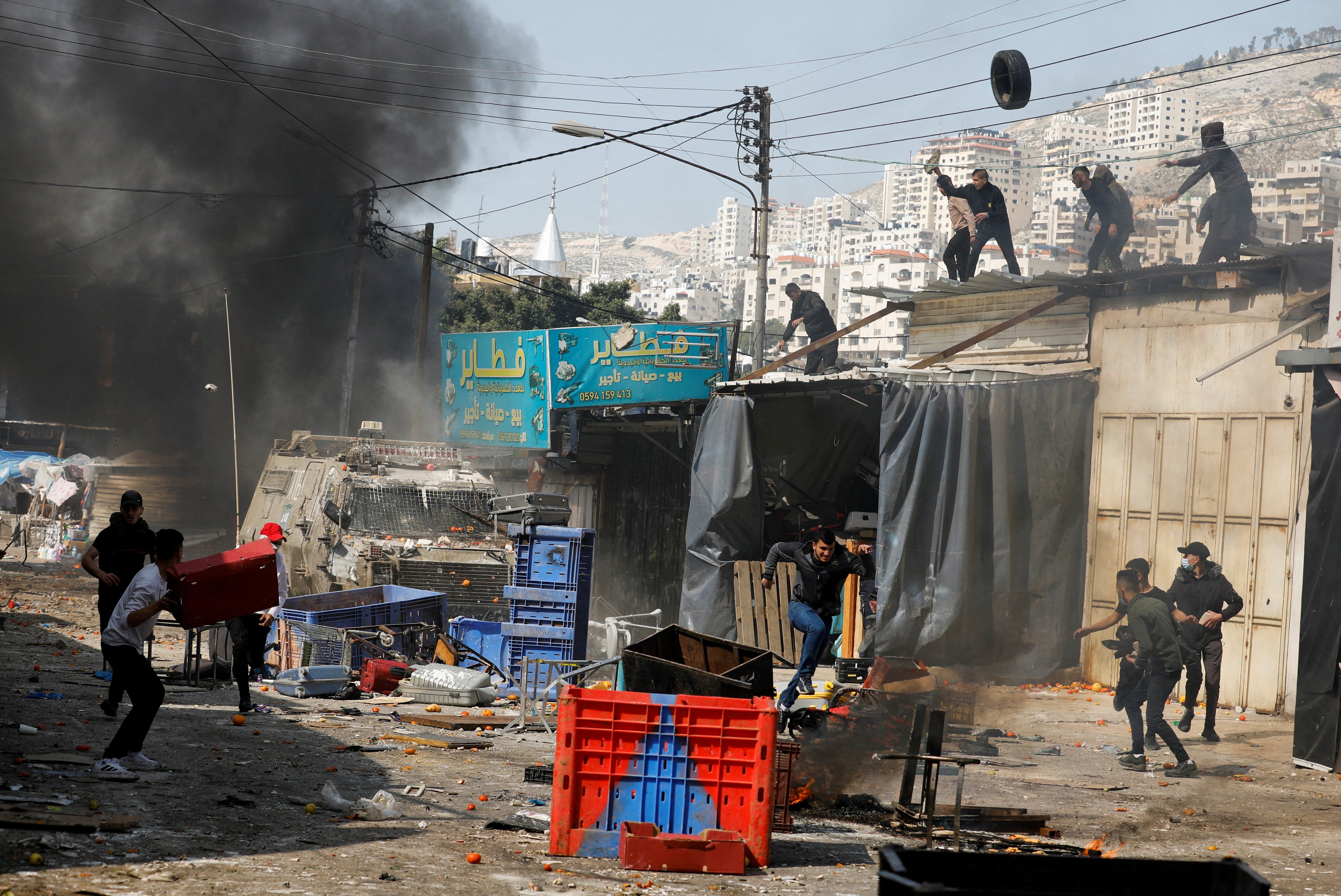11: At least 11 people died and scores were injured on Wednesday after Israeli security forces conducted a rare daytime raid in the West Bank city of Nablus. Israel was targeting members of a Palestinian militant group known as the Lion’s Den, which Israel blames for a string of shootings against troops and Israeli settlements amid recent rising tensions in the region. On Thursday, Palestinian militants retaliated by firing rockets at southern Israel, and the Israeli military launched air strikes in the Gaza Strip in response.
1 million: The EU received nearly 1 million asylum requests last year, the highest level since the 2015-2016 refugee crisis. Syria, Afghanistan, and Turkey were the top three countries of origin. This excludes over 4 million Ukrainian refugees who have been granted temporary protection in the EU.
180,000: Despite recent displays of military prowess, satellite images show that North Korea produced 180,000 metric tons less food last year compared to 2021. While chronic food shortages are common in the Hermit Kingdom, things have gotten worse since the pandemic. North Koreans are turning to less desired but more affordable alternatives to rice such as corn, while experts fear an impending famine.
100: Hoarders for the win! Fifteen years after receiving an iPhone as a gift, stowing it away, and forgetting about it, a New Jersey tattoo artist fetched $63,356 at an auction for
the unopened device. That’s more than 100 times its original price. The first
release 8GB iPhone from 2007 is a rare find in pristine condition.
